Assembly instructions for a good extension cord
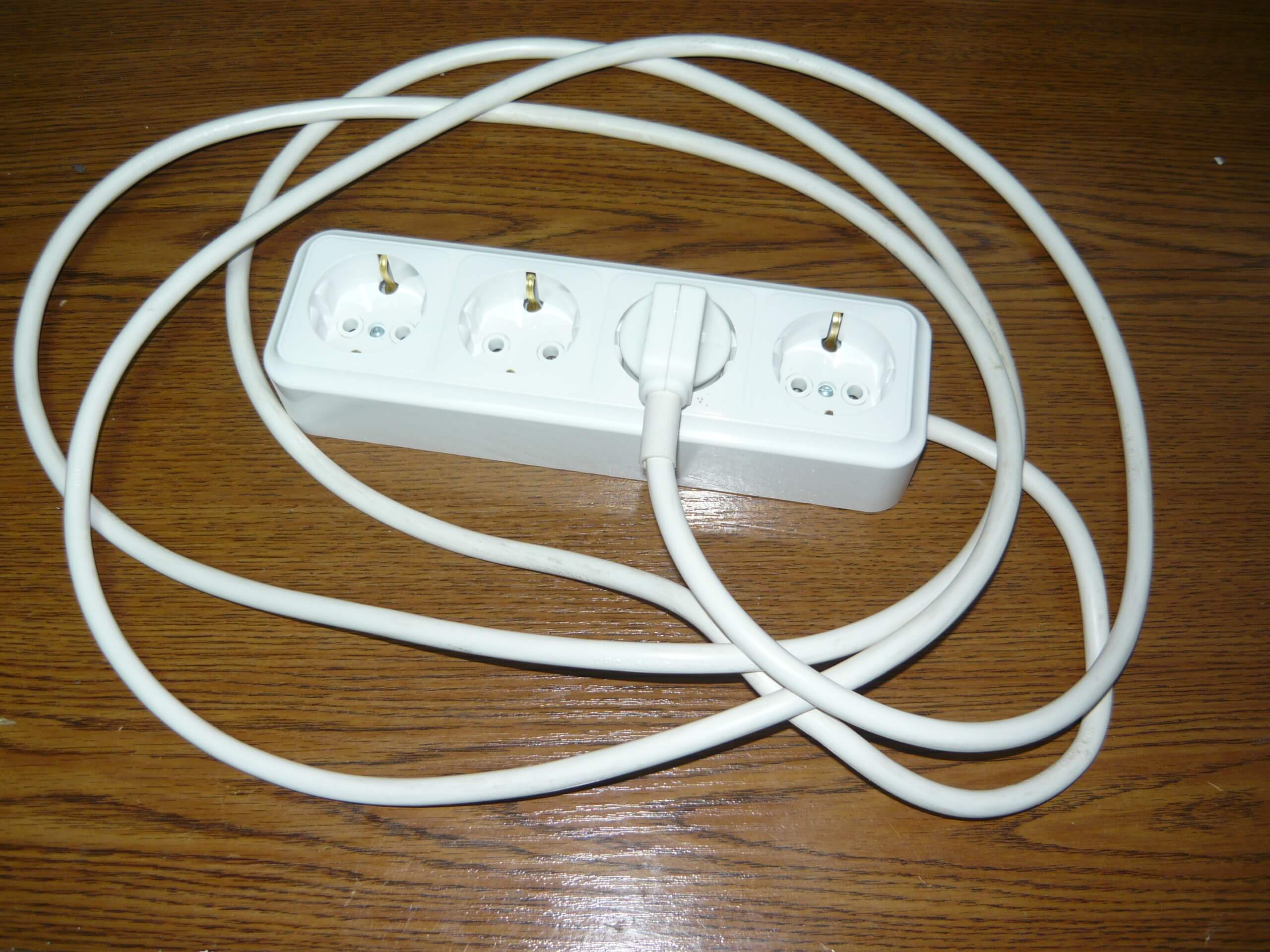 So, to begin with, we figure out what you can make a good electric extension cord at home:
So, to begin with, we figure out what you can make a good electric extension cord at home:
- Collapsible electric plug. You can cut it from a failed electrical appliance, or you can buy a new one. Requirement for the plug - it must be earthed.
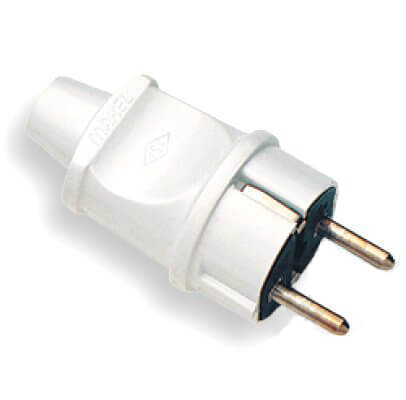
- Three-core cable of required length. Here you need to pay attention to the purpose of the future homemade. If powerful electrical appliances (for example, a welding machine) are connected, the diameter of the cores must be suitable. It is better to implement calculation of cable cross section for current and powerso that in the future you will not encounter problems such as melting of the socket and short circuit. Most often, when assembling an extension cord at home, use a wire PVA 3 * 1.5 and PVA 3 * 2.5.
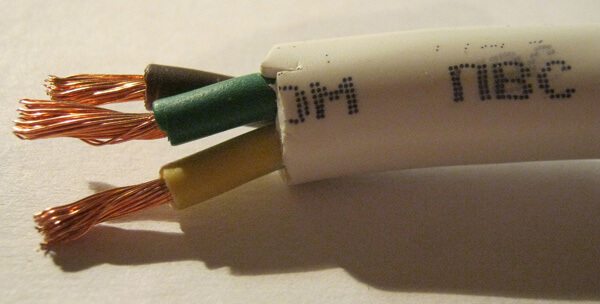
- A block of outlets (or one single). There are also several main requirements: the back wall of the outlet must be closed, the product must have grounding contacts, the design must be dustproof and waterproof. If all these requirements are met, the question of the safety of using such an electric carry will not worry you in the future.
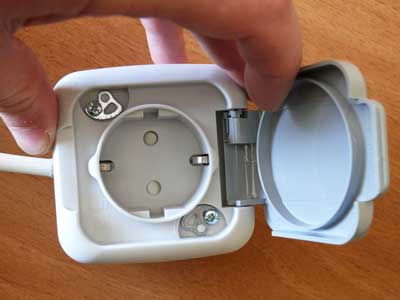
As for tools, you may need the following:
- multimeter (allows you to check the extension cord after assembly);
- curly and straight screwdriver;
- pliers or special wire stripping tool;
- sharp knife;
- insulating tape.
For an example, consider how to make an electrical extension cord from a three-core cable with sockets for 4 sockets. So, the assembly instructions are as follows:
- We unwind the plug and the block of sockets to prepare places for fixing the cores.
- Remove the cable sheath on both sides by 4-6 cm.
- We clean each wire by 10 mm, as shown in the photo below.
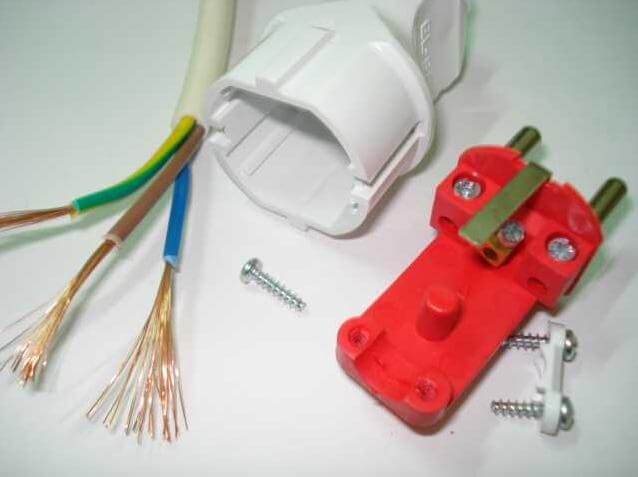
- We insert the cores into the corresponding terminals and carefully tighten the screws with a screwdriver.
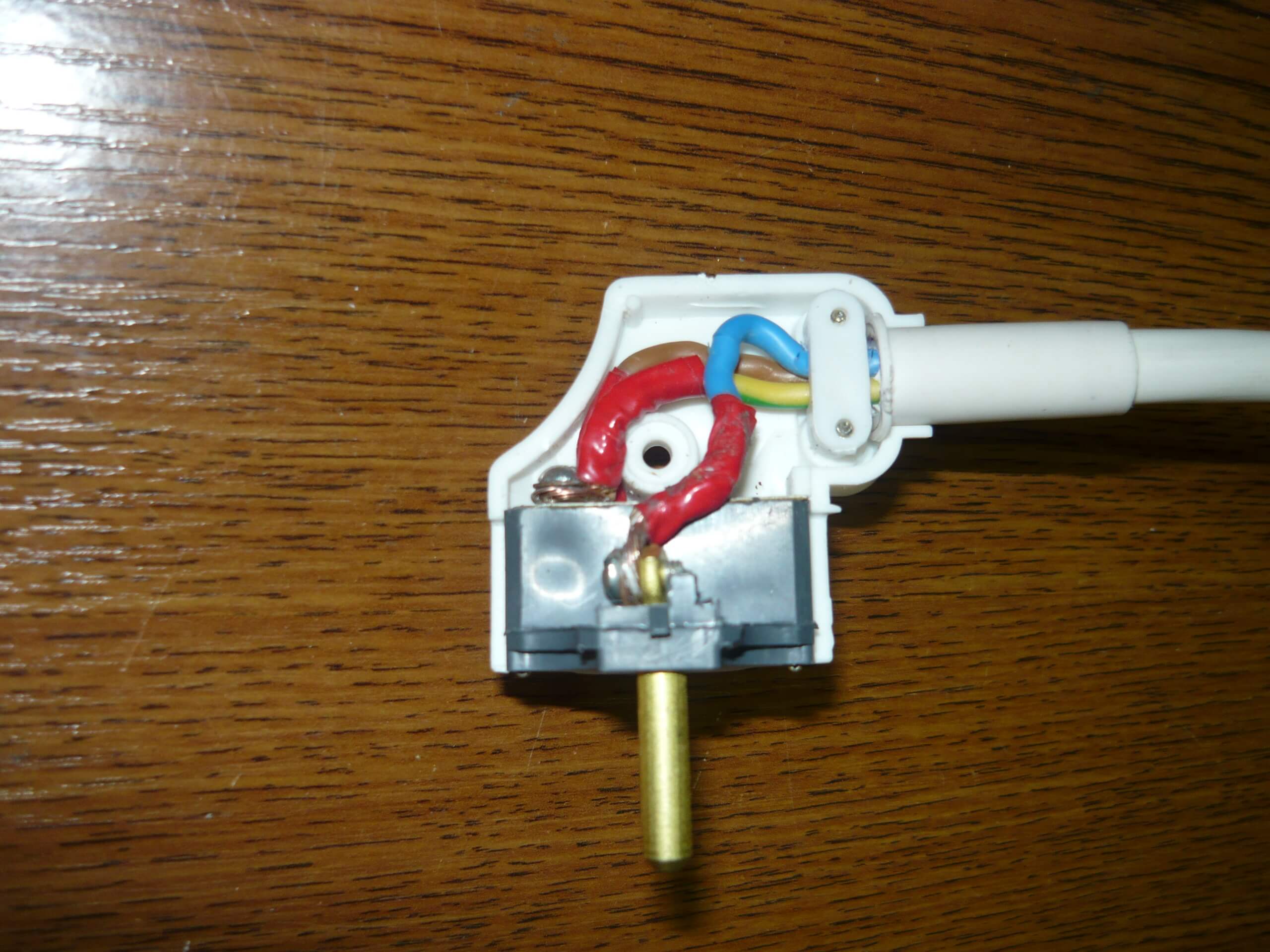
- We twist the socket block and plug in the reverse order. If the cable dangles in the bore, rewind a bit of insulation to make the seat denser.
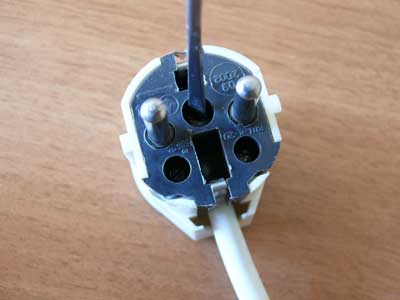
- Using a multimeter, we call a homemade electric extension cord. If everything is correct, turn on the plug directly to the mains and use it.
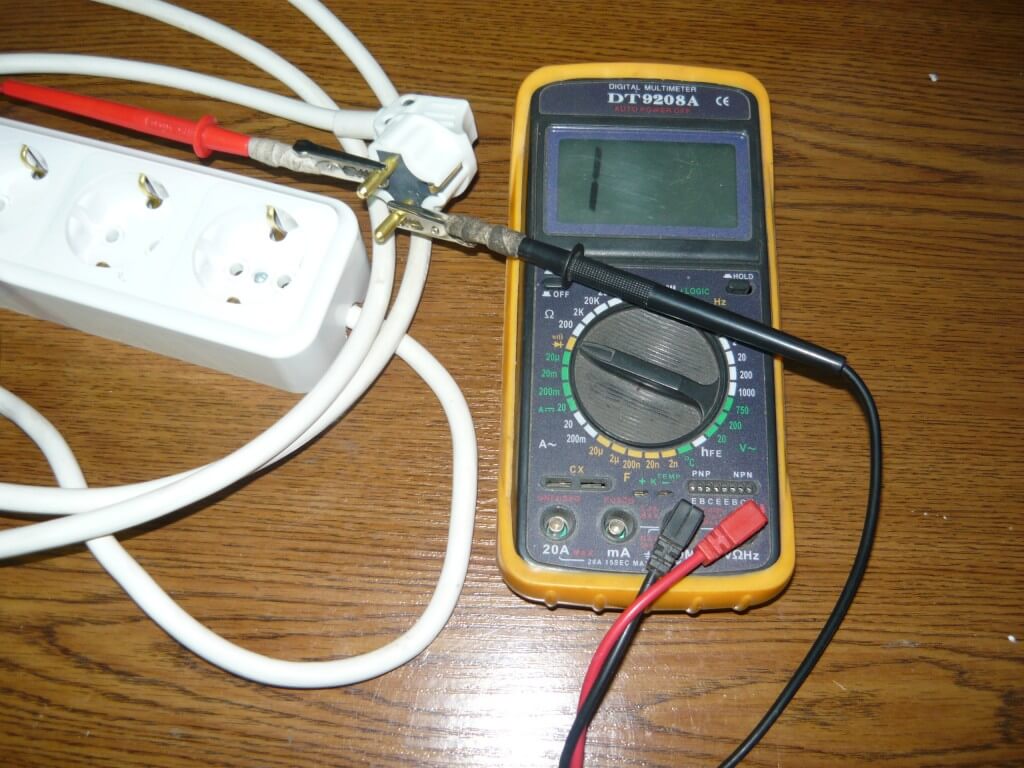
I would like to additionally note that it is possible to make a more reliable version of the electric extension cord with a switch in the form of a button.In this case, you can turn off or on the power at the jacks. If you decide to collect a long carrier (for example, 50 meters), then it is better to wind it on a special coil so that the wires do not get tangled up constantly. In addition, the coil is more convenient to store than a wire coil.
We also recommend watching a visual video lesson:
We recommend that you read the article: why does the socket spark when turning on the plug!




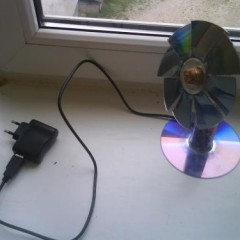
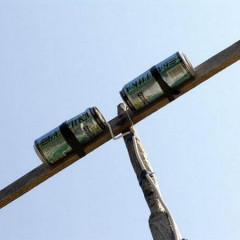
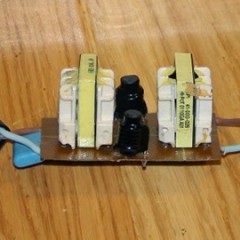

Here I am in this general ignoramus, I do not understand the wires in the outlet and the wires in the plug, no matter what contacts what color wires to connect ??
it makes no difference what kind of contacts are the wires of which color to connect?
Connect the main ground correctly. Nothing else matters.
It is very important to correctly connect the ground (yellow-green wire) to the appropriate terminal in the center of the euro plug or euro outlet. The other two wires, as a rule, are not required to connect. If on the terminals for connecting the wires there are signs, you need to be guided by the marking.
And yet, if an ordinary plug (straight or angled) can be inserted into a conventional extension block on either side, then it is more convenient to plug a corner plug into a wall outlet with the wire down.
It is with such non-separable plugs (UPS type) with an unambiguous inclusion in the UPS socket that the devices are equipped in which either the working element is water, or the case is metal, especially both.
And therefore, for a corner plug, you must follow the rule: PHASE wire is connected to the pin, which corresponds to the RIGHT socket on the wall outlet.
PS. This is why UPS-type sockets are not promoted by professional electricians like you, and therefore, traders do not carry electrical fittings that are not in demand because of the unknown and are safe for people.
Excellent products of this type (on a heat-resistant block) are produced by the Turkish company El-Bi, including extension cords with an oblique contact arrangement, which allows you to include corner plugs nearby.
Sincerely. NOT an electrician, but an advanced electric welder. I am changing power sockets and switches (NOT with my bare hands, of course).
The guy started shooting a lesson on the manufacture of an extension cord, but absolutely did not prepare. For the first time he sees this plug and this outlet. by the way. A lot of extra words, so a long time. I, a woman of retirement age, quickly realized what and how to connect. I advise everyone: before shooting, rehearse your role as a connoisseur.
Hello, is it possible to do so, plug + cable + mallet tee + cable + mallet tee?
you forgot to note by the fact that a stranded wire must be crimped nshvi, without crimping, the extension cord will in any case be of poor quality